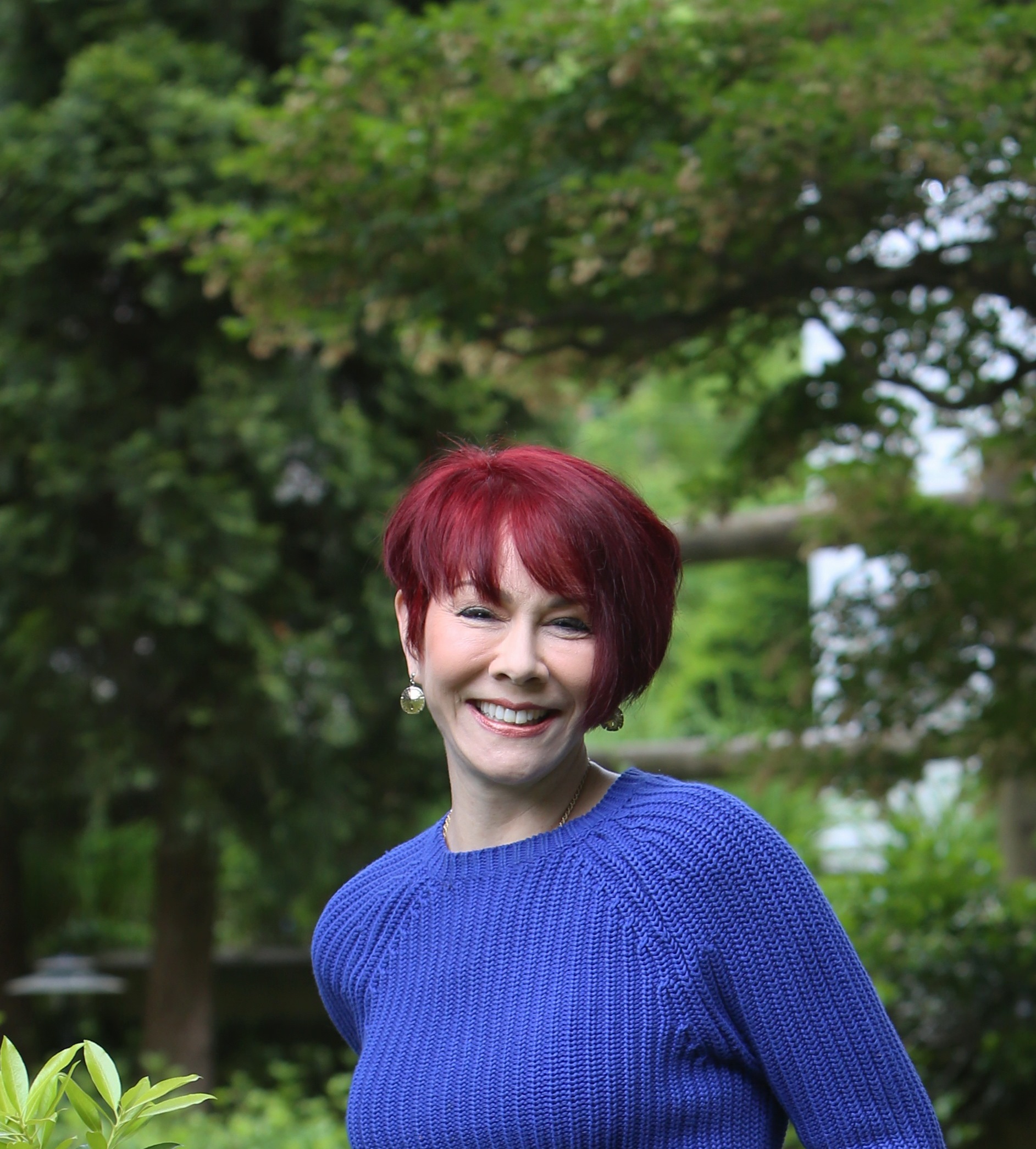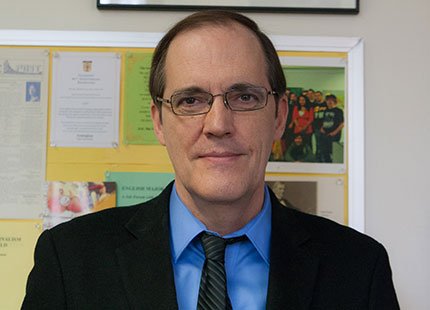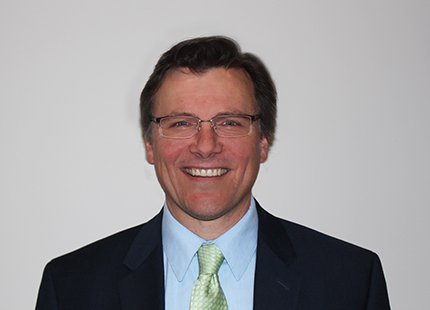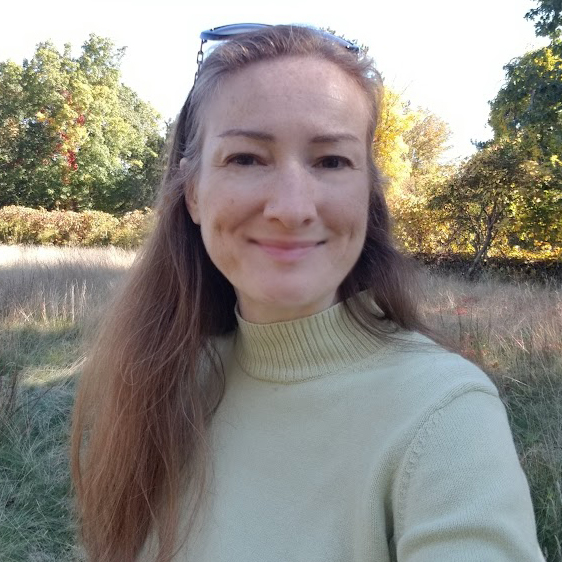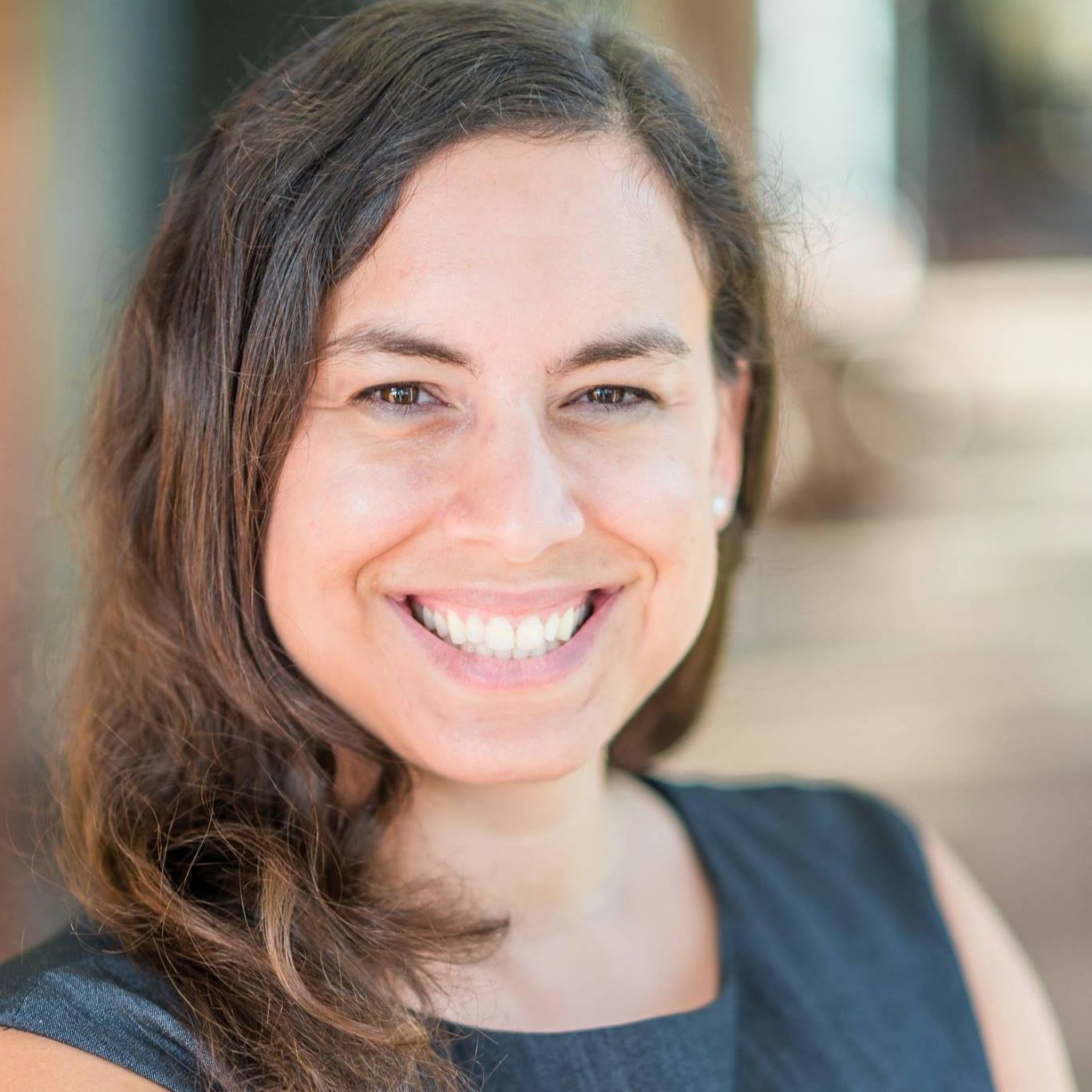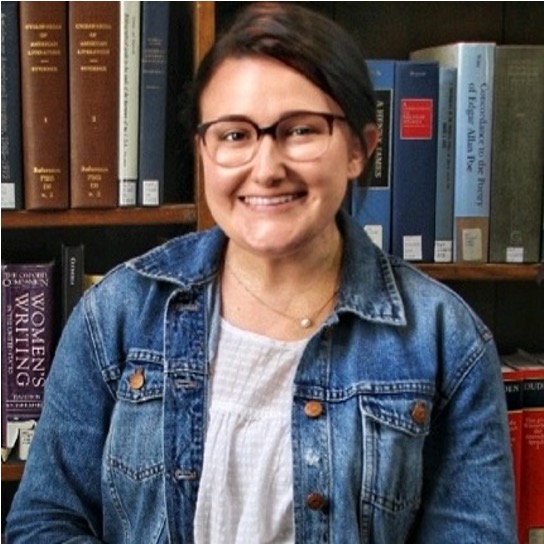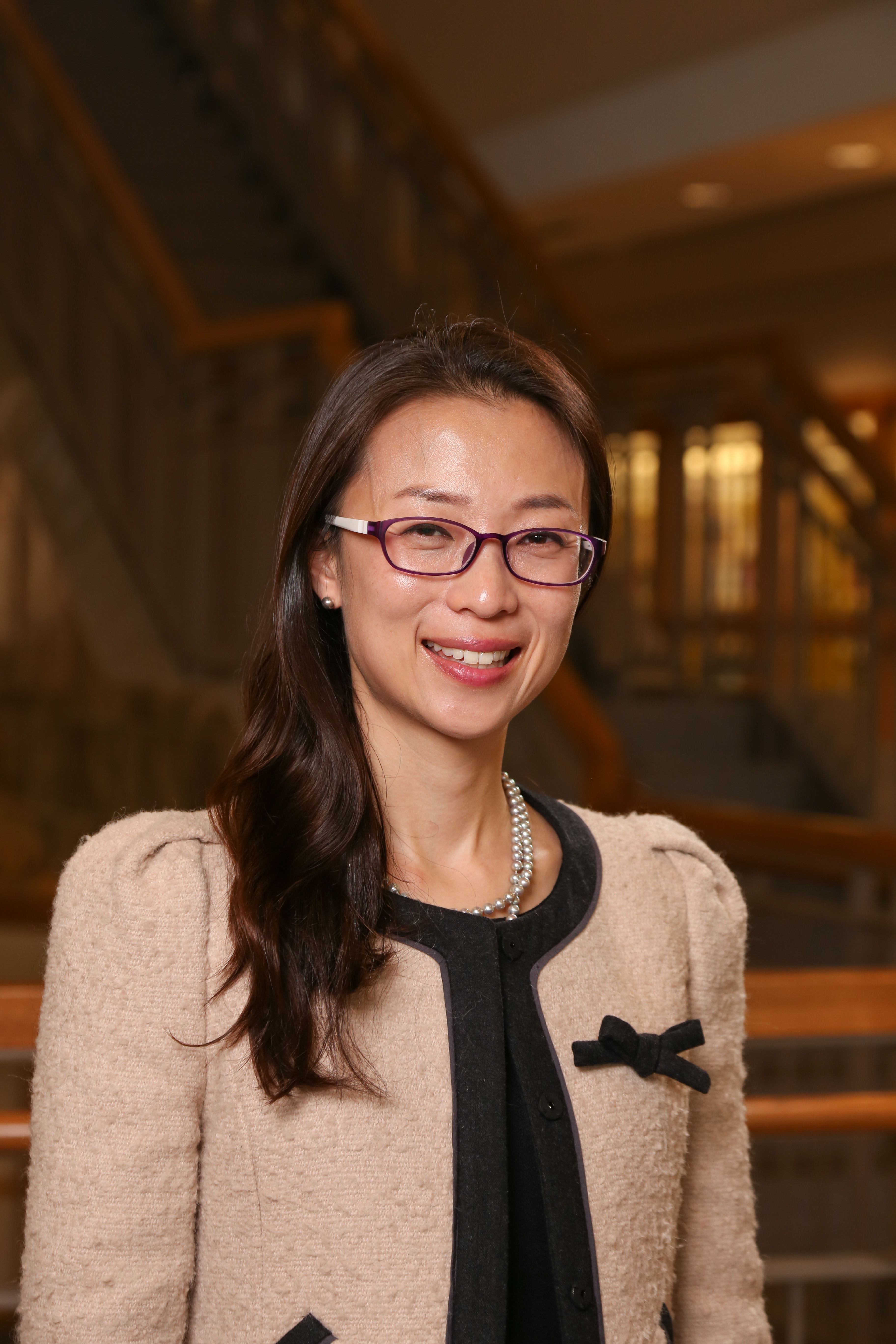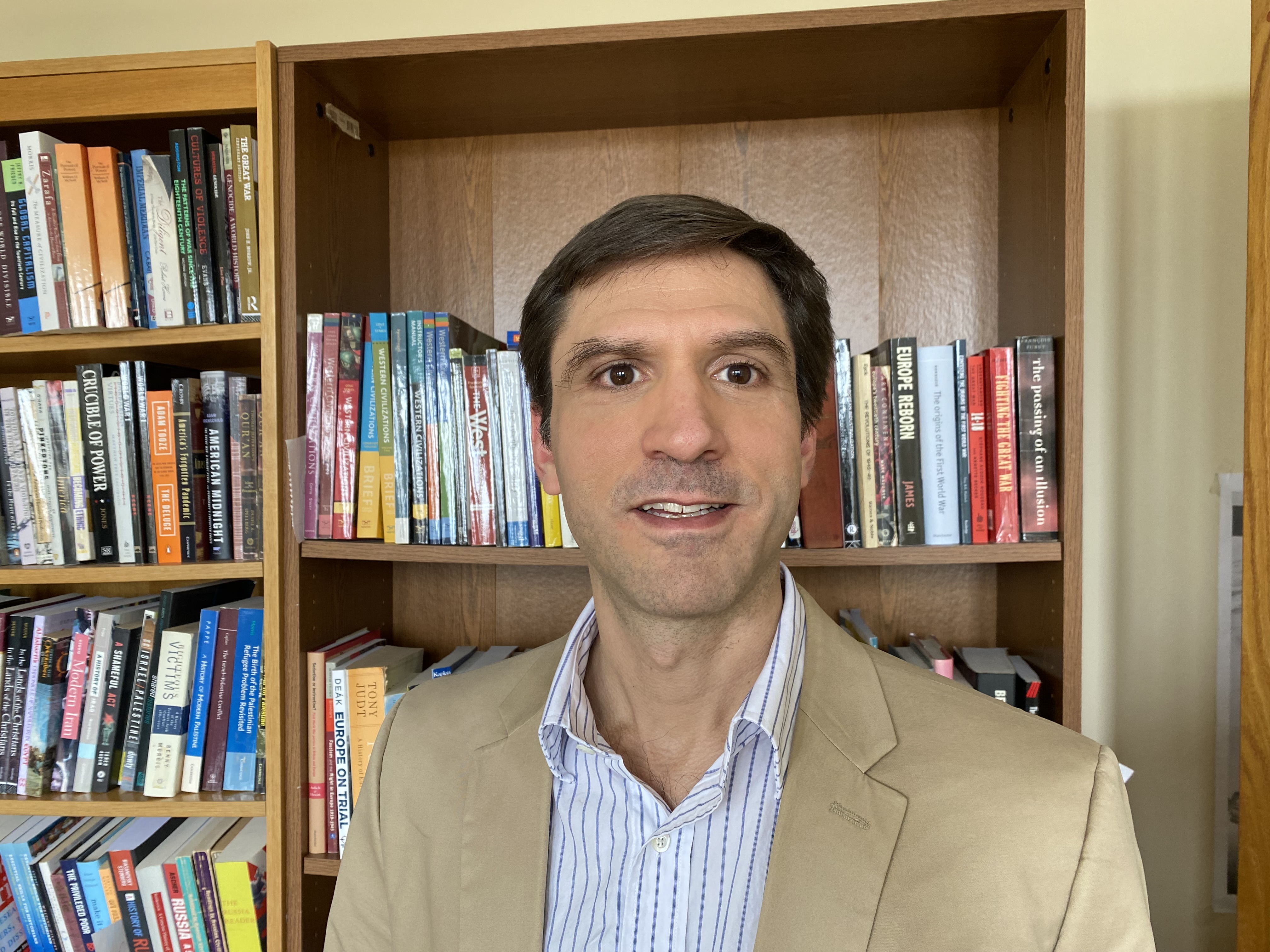Advisory Board
Executive Director, MHWPC
Visiting Lecturer, Department of English
Email: hmancuso@framingham.edu Research/Teaching/Professional Interests First-year writing; professional writing; fiction writing; public relations and corporate communications; career mentoring; first-year college experience. Why humanities? Humanities, in its purest form, is about looking at what makes us human and what we create as humans. Studying and learning about that is powerful! It helps people become global citizens, not just national citizens. Now more than ever, we need more people who can think critically and handle multiple perspectives—people who have not just a tolerance, but also a true appreciation, for diverse perspectives and worldviews.
Assistant Director, MHWPC
Professor, Department of English
Email: dmccarthy@framingham.edu Research/Teaching/Professional Interests Modern and contemporary American fiction; American ethnic literature; journalism. Why humanities? The humanities are more essential than ever. The abilities to locate and then evaluate relevant information, communicate clearly and effectively, and work collaboratively are required in nearly every line of work in our knowledge-based economy. The imagination, creativity, and empathy humanities graduates bring not only to the workplace, but also to our nation's civic and political life, are just as invaluable.
Dean, College of Arts and Humanities
Professor, Department of Art and Music
Email: mcote@framingham.edu Research/Professional/Teaching Interests Arts administration; studio art; printmaking, illustration, and foundation studies. Why humanities? The humanities encourage us to investigate those problems that offer no clear, formulaic answers. Deep reading skills and a penchant for thought-provoking original interpretation characterize study in humanities disciplines. Humanities students nimbly engage in expansive cross-disciplinary project work, while also developing informed multi-layered cultural literacy in the global environment.
Inaugural Faculty Fellow, MHWPC
Assistant Professor, Department of English
Email: ccoyne1@framingham.edu Research/Teaching/Professional Interests Professional writing; community-based learning and engagement; English internship coordination. Why humanities? During their time at FSU, our humanities students develop crucial skills for the twenty-first-century workforce, including creativity, problem-solving, and empathy. They’re also confident learners who rise to challenges and can adapt to a variety of professional settings. I love helping students think about the significant academic, professional, and personal experiences that have shaped their career goals, and how to effectively communicate their diverse capabilities to potential employers.
Assistant Professor of Spanish and Portuguese
Department of World Languages
Email: jbritland@framingham.edu Research/Teaching/Professional Interests Contemporary Iberian visual and cultural studies; Hispanic languages and literatures; emerging media, identity, and representation. Why humanities? The humanities provide students with the tools necessary to thrive and adapt in an ever-changing world. Students in the humanities learn how to think critically and creatively, to collaborate with others, and to develop global and multicultural competencies. These skills allow students to respond to an evolving workforce and positively contribute to their communities.
Associate Director of Career Development
Center for Student Experience & Career Development
Email: loneill2@framingham.edu
Professor
Department of Communication, Media, and Performance
Email: akali@framingham.edu Research/Teaching/Professional Interests Rhetoric and argumentation; visual rhetoric; animal studies. Why humanities? When you study the humanities, you explore human values, personal meaning, and creative expression. An understanding of the nuances of language, the versatility of the arts, the footprints of history, and the challenges of critical thinking are vital to living beyond the narrow constrictions of one’s own personal space. We are only human to the extent that we can make bridges between the solitude of our minds and our interactions with others.
Assistant Professor of Art History
Department of Art and Music
Email: ypark@framingham.edu Research/Teaching/Professional Interests Ancient American art; multidisciplinary studies; art history. Why humanities? The humanities serve as a foundation for all other disciplines, helping students develop creative and analytic thinking alongside communication skills that will help them in any field of study or work. Humanities disciplines emphasize the ability to see issues both as a whole and as parts, revealing the importance of approaching a topic from diverse perspectives to gain complete understanding. Varied training in humanities fields encourages students to find the empathy and ethics that will enable them to become leaders in society.
Associate Professor
Department of History
Email: spapaioannou@framingham.edu Research/Teaching/Professional Interests Political and social violence; Eastern Europe; the Balkans; the Middle East; the First World War. Why humanities? We see people with humanities backgrounds, including Framingham State graduates, rise to leadership positions in so many different professions and in society at large. Why? I believe it has to do with the way humanities train us to appreciate the contexts conditioning all the important problems we confront: historical context, cultural context, social context. This allows us to shape informed solutions that actually work in our world which, after all, must involve humans.
Honorary Member
Dr. Paula M. Krebs, Executive Director, Modern Language Association

